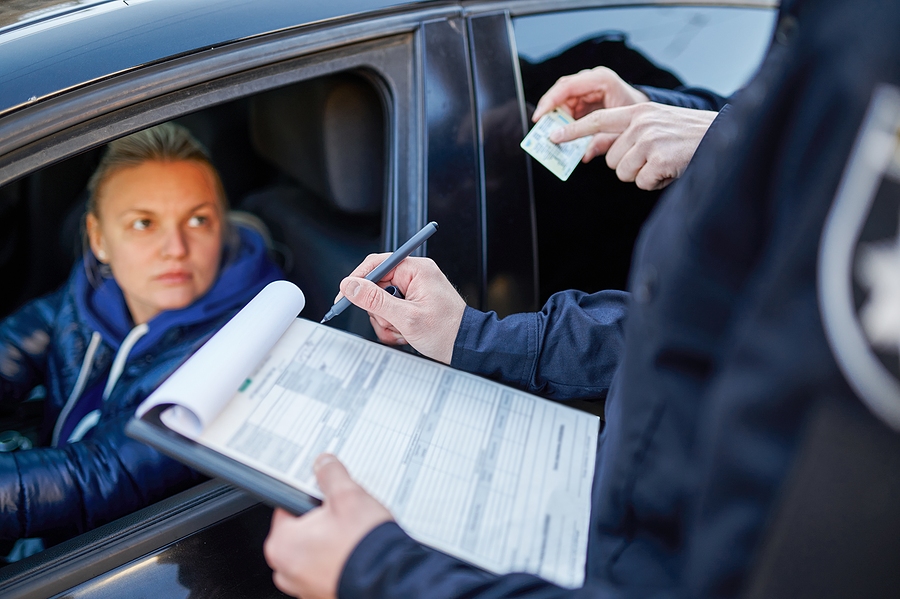No one wants to be pulled over by the police, but it happens. When you find yourself in this situation, it’s important to know your rights and understand how you should act. Police encounters can be intimidating, but if you are aware of your civil rights as an American citizen and exercise them properly, things can go more smoothly. In this blog post we will discuss what your rights are when stopped by police officers according to the Fourth Amendment of the U.S Constitution and provide tips on how best to handle a police encounter so that everyone stays safe. So, let’s dive in!

Your Fourth Amendment Rights
The Fourth Amendment is part of the Bill of Rights, and it protects people from unreasonable search and seizure. When pulled over, you have the right to remain silent and not answer any questions that are asked of you. You do not have to give permission for your car to be searched unless the police officer has a valid warrant or probable cause. If an officer has a valid warrant, they will present it before conducting a search.
Good Behavior During a Traffic Stop
It is within your rights to ask why you were stopped and if they are asking you to step out of the vehicle. It is also important to be polite when interacting with officers as this can help them keep their composure during the encounter. Additionally, make sure that any objects such as keys or wallets that you give to officers are returned once the encounter is over.
Outstanding Arrest Warrants
Whether you exhibit good behavior or not, if there is a warrant out for your arrest, the cop can and will arrest you on the spot and take you into custody. In this case, you would leave your car there and it would be towed to the designated impound lot. You would be responsible for paying all towing and impound fees after you post bond and get out of jail.
Were You Arrested?
It’s important to note that if police do not read you your Miranda rights upon arrest and later make a confession, that confession may not be admissible in court. It’s crucial to understand your Miranda rights and exercise them if you’re ever in a situation where you’re under arrest or being questioned by law enforcement. Don’t hesitate to speak up and demand your rights. Miranda rights refer to the rights that every American citizen has upon being arrested by the police. These rights, established in the 1966 Supreme Court case Miranda v. Arizona, include the right to remain silent, the right to an attorney, the right to have an attorney present during police questioning, and the right to stop answering questions at any time.
Were Your Rights Violated?
If you feel your legal rights were violated, and there’s no physical harm caused during the encounter, it’s best to document as much information as possible, including the officer’s name, badge number and any details of the incident. As soon as possible after the encounter, contact a criminal defense lawyer to learn how to move forward with the law on your side.
Conclusion
Overall, understanding your rights when pulled over by police can help ensure that everyone involved in an encounter stays safe and respects one another’s civil rights. Keep in mind that having knowledge of your Fourth Amendment Rights can help protect you from unreasonable search-and-seizures by law enforcement officials. Being aware of these laws and exercising them properly can help make your police encounters go as smoothly as possible.
You do not have to go through the legal system alone. Get a professional on your side who will fight for your rights and your freedoms. Contact Attorney David E. Lewis at 317-636-7514 to speak with a seasoned criminal defense lawyer in Indianapolis, Indiana. Our law firm will get you the best possible outcome to your criminal case!
Related Posts:
How to Keep Yourself Safe During a Cop Stop
Use These 3 Tips to Avoid Being Pulled Over By a Cop
Is it Illegal to Insult a Cop?
